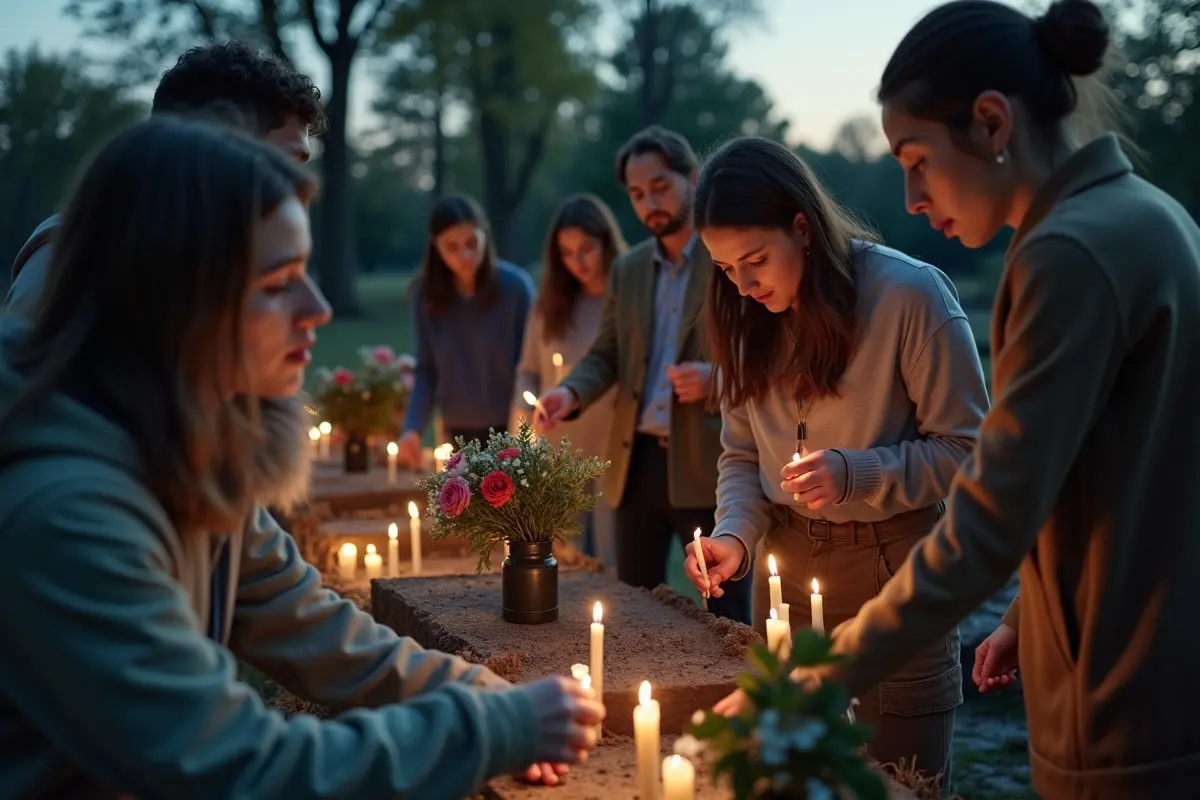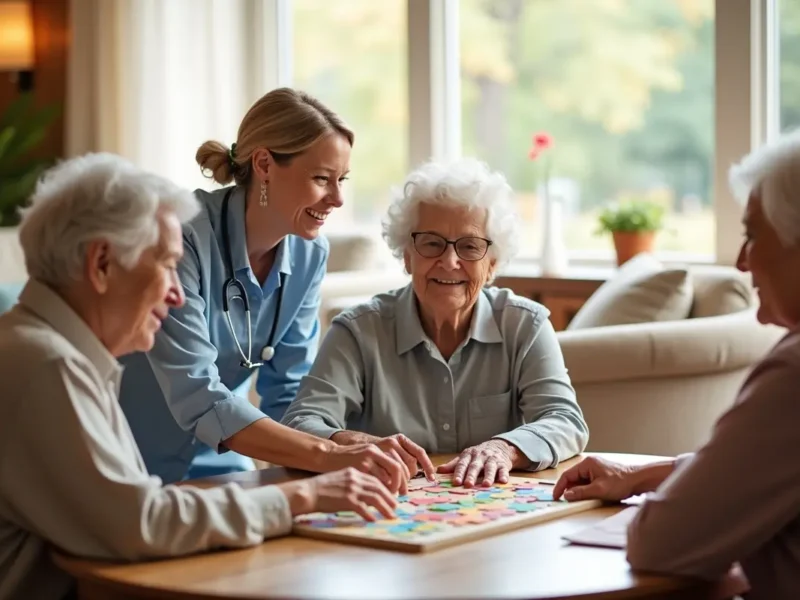Losing someone we love is one of the hardest challenges we face in life. It leaves a void that feels impossible to fill. In these moments, rituals can offer us structure, comfort, and a way to process our grief. They give us something to hold onto when everything else feels out of control. But what makes rituals so powerful? Why do they transcend cultures, religions, and generations?
The Role of Rituals in Grieving
Have you ever noticed how much we rely on rituals, even for everyday moments? We celebrate birthdays, mark anniversaries, and even have routines for how we start our mornings. When it comes to loss, rituals become even more important. They create a framework to navigate the chaos of grief.
Rituals provide:
- A sense of structure – When emotions are overwhelming, having a set process to follow can make things feel a little less chaotic.
- A space for expression – Rituals give us permission to feel and express grief openly, whether through tears, prayer, or reflection.
- A way to honour the deceased – Through actions like lighting a candle, saying a prayer, or sharing stories, we keep the memory of our loved one alive.
- Connection to community – Whether it’s family, friends, or a religious group, rituals often bring people together, offering shared support and comfort.
- A bridge to spirituality – For many, rituals connect us to a higher power or the idea of an afterlife, providing meaning in the midst of loss.
While these benefits are universal, the rituals themselves vary widely across cultures. Let’s take a closer look at some global traditions.
Cultural Approaches to Mourning
Asia: Honouring Ancestors and Spirituality
In many Asian cultures, grief rituals are deeply rooted in honouring ancestors and spiritual beliefs. Take, for example, Buddhist funeral traditions in Singapore. Families often seek a Buddhist funeral package in Singapore to ensure that the ceremony aligns with their spiritual values and honours the deceased’s journey to the afterlife. These ceremonies might include chanting by monks, offerings of food and incense, and specific rites to guide the soul. Such practices aren’t just about saying goodbye; they’re about ensuring the deceased finds peace while giving the family a sense of closure.
Similarly, in China, the Qingming Festival (also known as Tomb-Sweeping Day) is a time to clean ancestors’ graves and make offerings. This annual ritual keeps the connection to past generations alive and ensures they remain respected.
Africa: Celebration and Continuity
In many African cultures, funerals are as much about celebrating life as mourning death. Elaborate ceremonies with music, dance, and storytelling are common. These traditions help shift the focus from loss to legacy, reminding the community of the person’s contributions and values. The rituals also emphasize collective mourning, where the entire community comes together to support the family and honour the deceased.
Western Traditions: Reflection and Memorialization
Western rituals often focus on reflection and creating a lasting memorial. Think of a wake, where family and friends gather to share stories, or a memorial service where photographs, music, and eulogies honour the person’s life. These rituals help mourners process their grief by revisiting cherished memories. Another common practice is placing flowers or visiting gravesites regularly, which keeps the connection alive even after the funeral.
Why Rituals Matter So Much
Have you ever wondered why we instinctively turn to rituals in tough times? The truth is, they’re deeply wired into us. Psychologists suggest that rituals help us create a sense of control, even in situations where we feel powerless. They also provide a way to channel emotions that might otherwise feel too big to handle.
Another important aspect of rituals is their ability to mark transitions. Grief often comes with a profound sense of disorientation. Rituals help us navigate the shift from one chapter of life to the next, creating a symbolic closure while allowing space for healing to begin.
Modern Rituals for Coping with Loss
Traditional rituals are powerful, but what about when they don’t fully resonate? Many people are creating modern rituals that feel more personal. These might include:
- Planting a tree or garden in memory of a loved one.
- Writing letters to the deceased as a way to express ongoing thoughts and feelings.
- Creating a photo book or digital archive to preserve memories.
- Holding annual gatherings with close friends or family to celebrate the person’s life.
- Lighting a candle on significant dates, such as birthdays or anniversaries.
How to Find Comfort in Rituals
If you’re grieving, it’s worth exploring what kinds of rituals might bring you comfort. Ask yourself:
- What traditions feel meaningful to me or my family?
- Are there cultural or spiritual practices I’d like to incorporate?
- How can I involve others in a way that feels supportive?
- What small acts can I do regularly to honour my loved one?
Grief is deeply personal, so there’s no “right” way to mourn. The key is to find rituals that feel authentic and healing for you.
A Legacy That Lives On
Rituals don’t just help us cope; they also ensure that the memories of our loved ones endure. Whether it’s through a traditional ceremony, a simple personal gesture, or a modern adaptation, rituals give us a way to honour the lives of those we’ve lost. They remind us that even in loss, connection remains—to the deceased, to our communities, and to ourselves.



